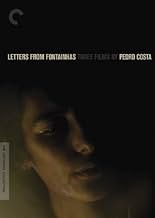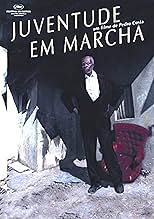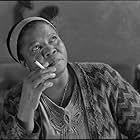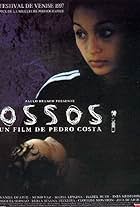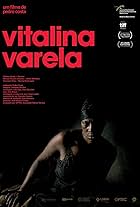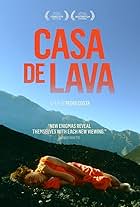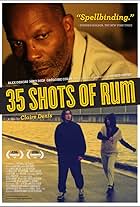Ventura wanders around the fast-disappearing Lisbon slum called Fontainhas, running into his daughter, an old man guarding an empty open-air market, the locksmith who lets him into his new apartment, and assorted people whom he may or may not know. He. Drinks. And plays card games, noisily slapping the cards down. He complains that his wife has left him. After an hour or so, the fourth or fifth time he says she wanted one hundred thousand cigarettes, a car, a lava house, a forty-cent bouquet an a bottle of wine, I gave up and stopped watching.
This is the third movie in Pedro Costa's trilogy about the dead-end lives of people in Fontainhas. In the first, people seem emotionally inert. I have not seen the second, and these two don't encourage me in trying to. Here, at least, Ventura knows something is wrong, but the rituals with the card play and the repeated complaint makes me think he's been saying this for a long time. I understand the pleasure in airing grievances, but this looks like the empty aftermath of what might have once been a life, an anti-existential echo in which Hell is not other people, but yourself.

